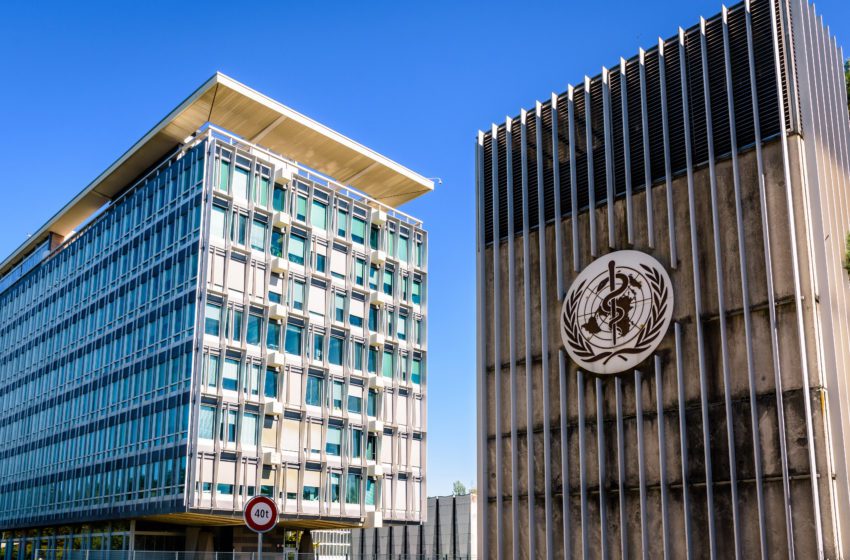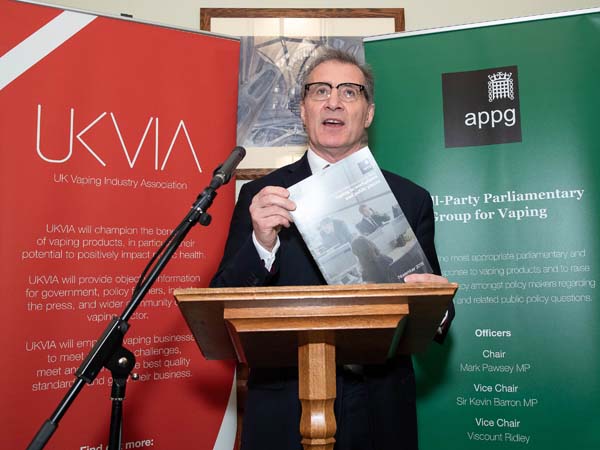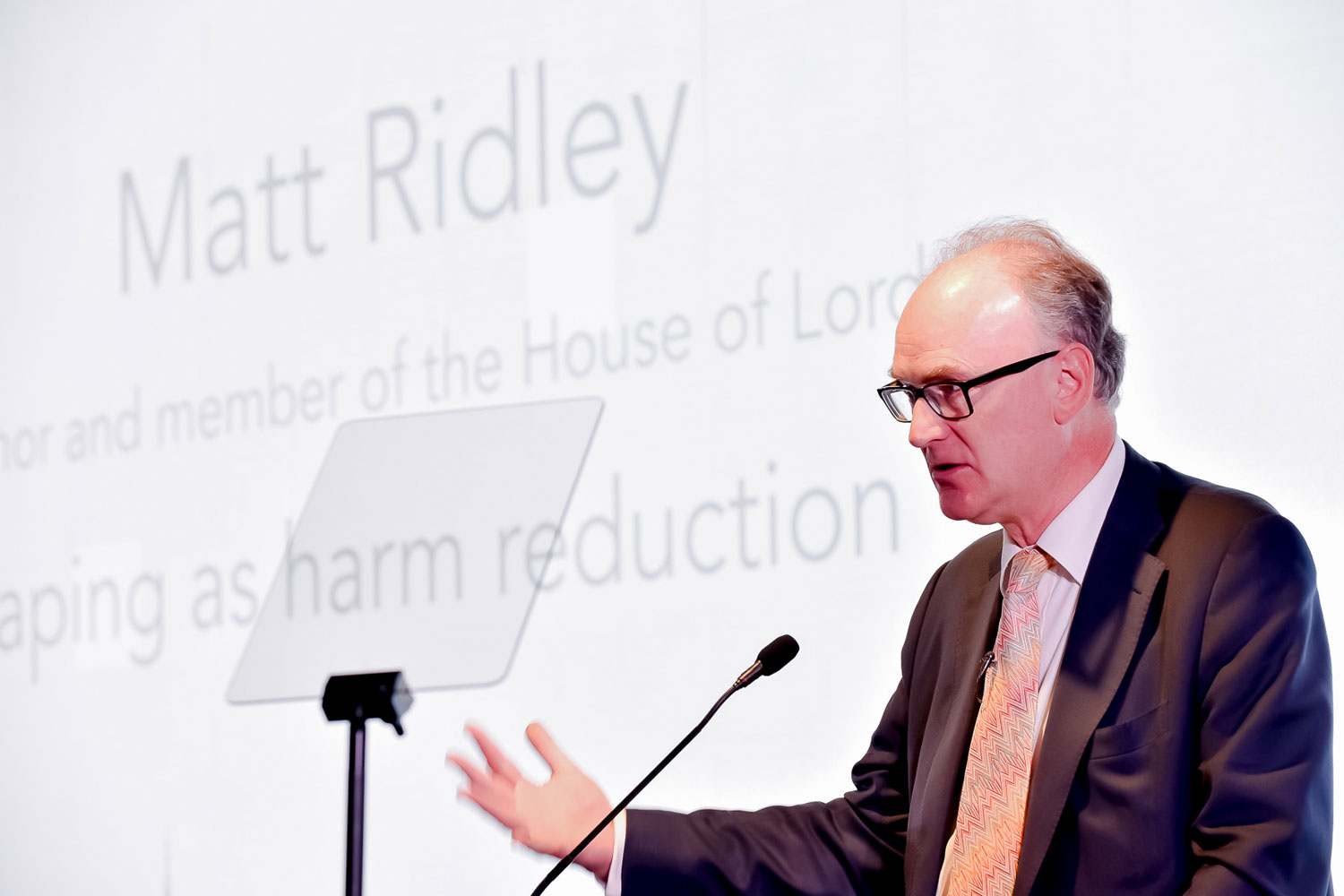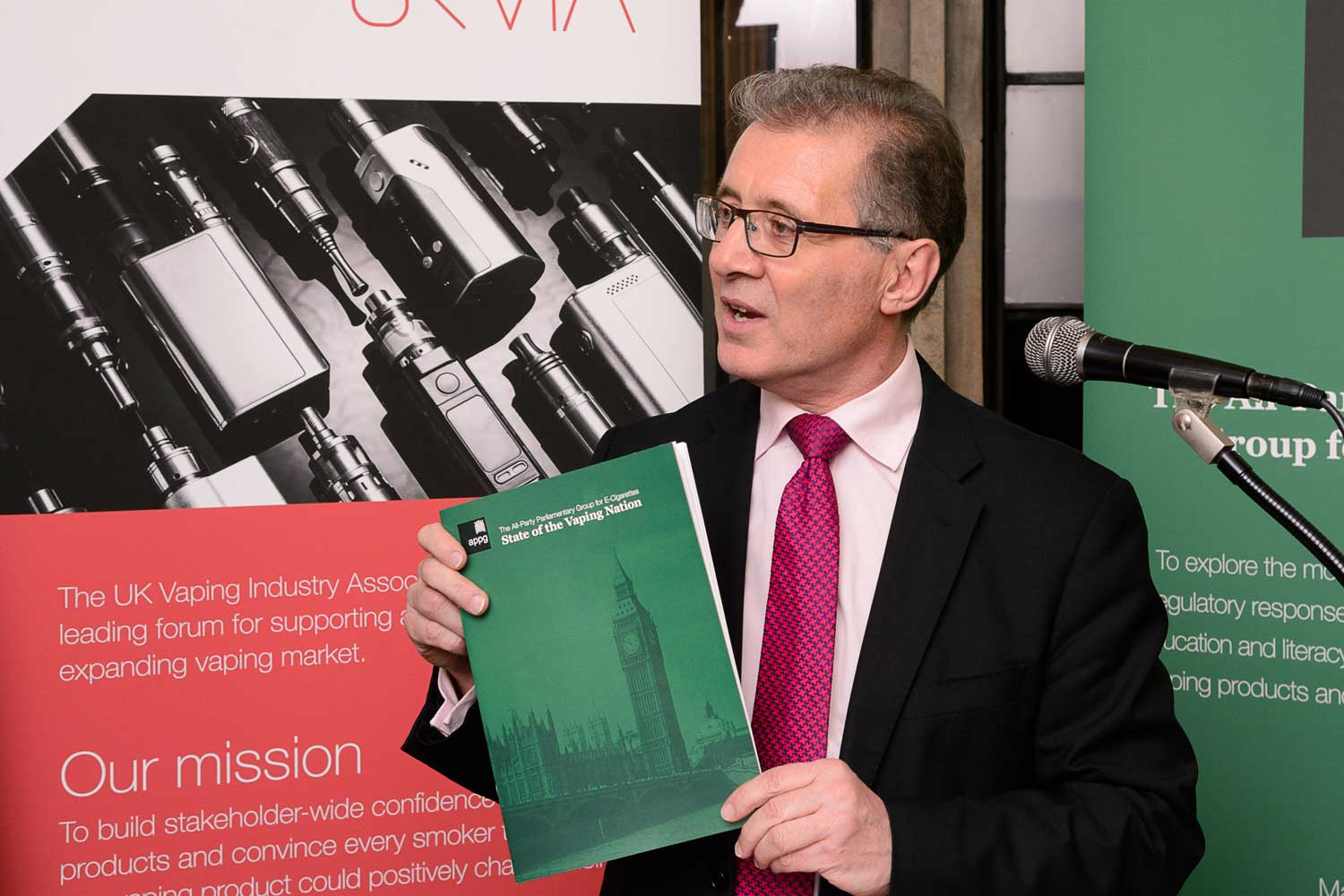A parliamentary group in the U.K. has released a report that criticizes anti-vaping groups funded by Bloomberg Philanthropies for being hostile to tobacco harm reduction (THR). The report also states that Bloomberg diminishes the rights of consumers and vapers in low and middle-income countries (LMICs) such as the Philippines.
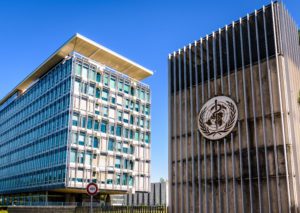
The UK’s All-Party Parliamentary Group for Vaping (APPG) said these anti-vaping “civil society observers” will be allowed to participate in the World Health Organization Framework Convention on Tobacco Control Conference of the Parties 9 (FCTC COP 9) in November this year, concluding that the WHO continues to attempt to discredit UK’s science and policy approach to address the smoking problem, reports the Manila Bulletin. It said THR is a public health approach which is supposedly one of the original commitments of FCTC.
The APPG warned about the participation of The Union, a group funded by Bloomberg Philanthropies, as well as other anti-vaping non-government organizations in the FCTC COP 9 meeting in November. The APPG is asking the UK delegation to the FCTC COP9 meeting to ensure that its national experience and real-life evidence/data are reflected in the discussions within the WHO.
The APPG also wanted to ensure that the WHO would not move away from the fundamental objectives set forth by the FCTC given its original commitment to harm reduction—a public health approach being opposed by some influential non-government organizations. “The majority of NGOs listed as ‘Observers’ are hostile to the concept of tobacco harm reduction and thus the UK’s policy approach. For instance, ‘The Union’ has advocated a complete ban on e-cigarettes and heated tobacco products in low and middle-income countries, which are home to 80 percent of the world’s smokers,” the APPG said in the report.

